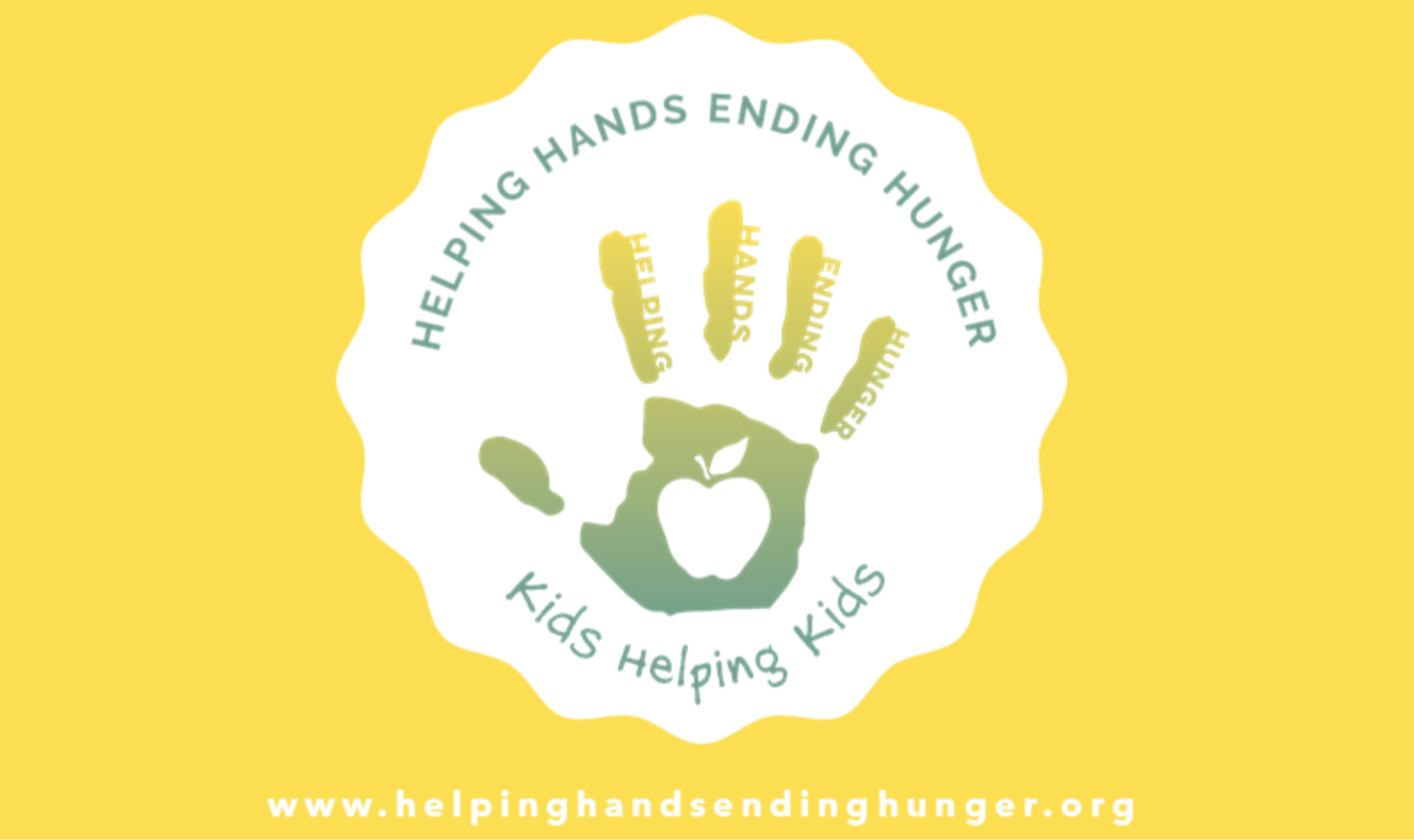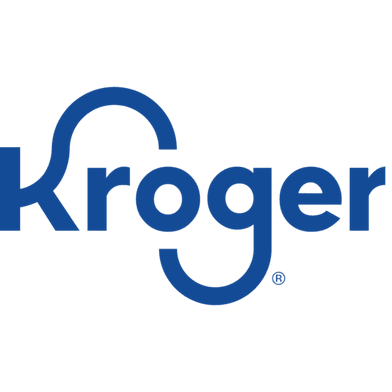Helping Hands Ending Hunger began in a small, rural town in northwest Georgia as the result of Carla Harward’s effort to feed two little boys who had come to her daughter Sophie’s school on a Monday crying, their bellies hurt, because they hadn’t eaten any food over the weekend. Noting all the food waste that occurred in the school’s cafeteria during meals, Sophie posed a simple question that became the catalyst of HHEH’s programming: Why can’t we take the food that students throw away during breakfast and lunch and give it to that family so those little boys don’t go hungry? Turns out, long-enforced policy governing school nutrition programs (applicable nationwide) determined it was better to trash nutritious, edible food than to repurpose it to feed hungry children.
HHEH is a 501c3 nonprofit corporation established in 2016 with an inspired vision: to alleviate childhood food insecurity, reduce school food waste, encourage better educational outcomes, and shape a healthier world. HHEH's innovative, “Kids Helping Kids” program empowers student leaders to repurpose uneaten food from school meals and join hands with their communities to nurture food insecure families. Re-educating that food is medicine, not trash, is a primary focus. As a result of determined efforts measured to change existing policy, HHEH now offers the only program operating in Georgia which has been expressly reviewed and approved by the Dept. of Public Health and Dept. of Education/School Nutrition to rescue cold storage food (milk, cheese, yogurt, fruit, etc.) along with dry packaged foods and channel it to children when they need the most, over weekends and school breaks. A non-profit operating with strict food safety protocols, we remove the risk of liability for food donations under state and federal law. Moreover, with our unique student-led design, our program, once established in a school, requires minimal coordination from school staff and easily integrates into daily routines.
Further resolved to make significant differences in the quality of life for people living with food insecurity, HHEH employs a “whole family” focus, while encouraging everyone at participating schools to dispel stigma, change school climates, and develop parent/caregiver engagement for best outcomes. Partnerships with established nonprofits working to bridge need gaps for the same population HHEH serves expand outreach and effectiveness. By incorporating nutrition/healthy living components along with STEAM learning, soft-skill development, CTAE pathway, and other relevant curriculum (preK-12), HHEH strives to help students achieve their full human potential through education, stability, health, and well-being. Building community partnerships in each district we operate creates program sustainability.



